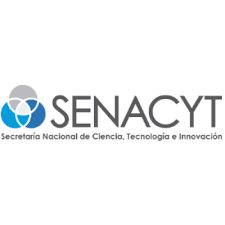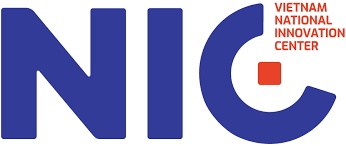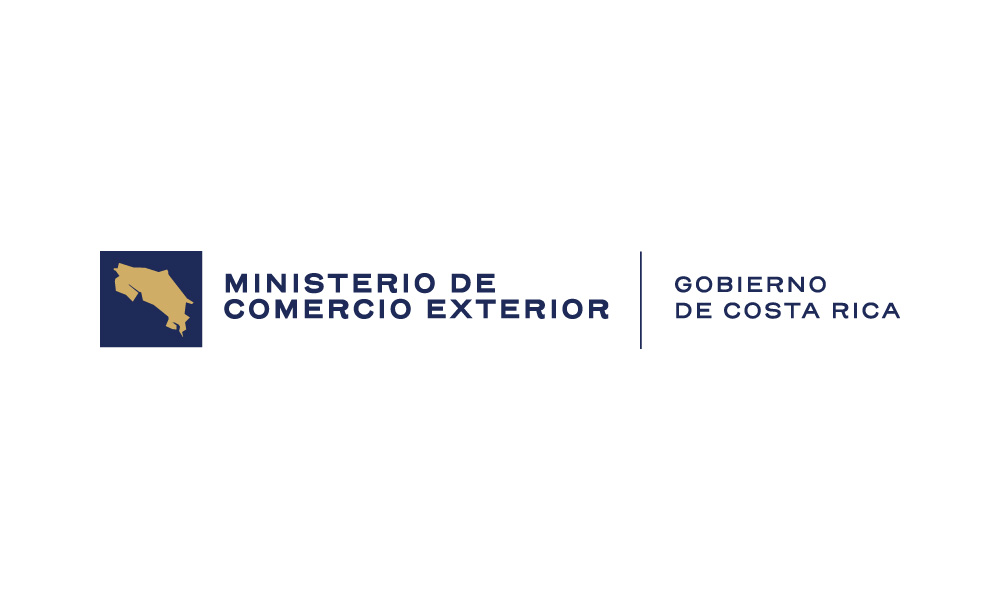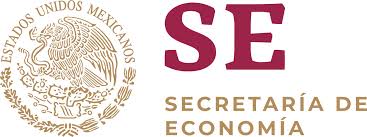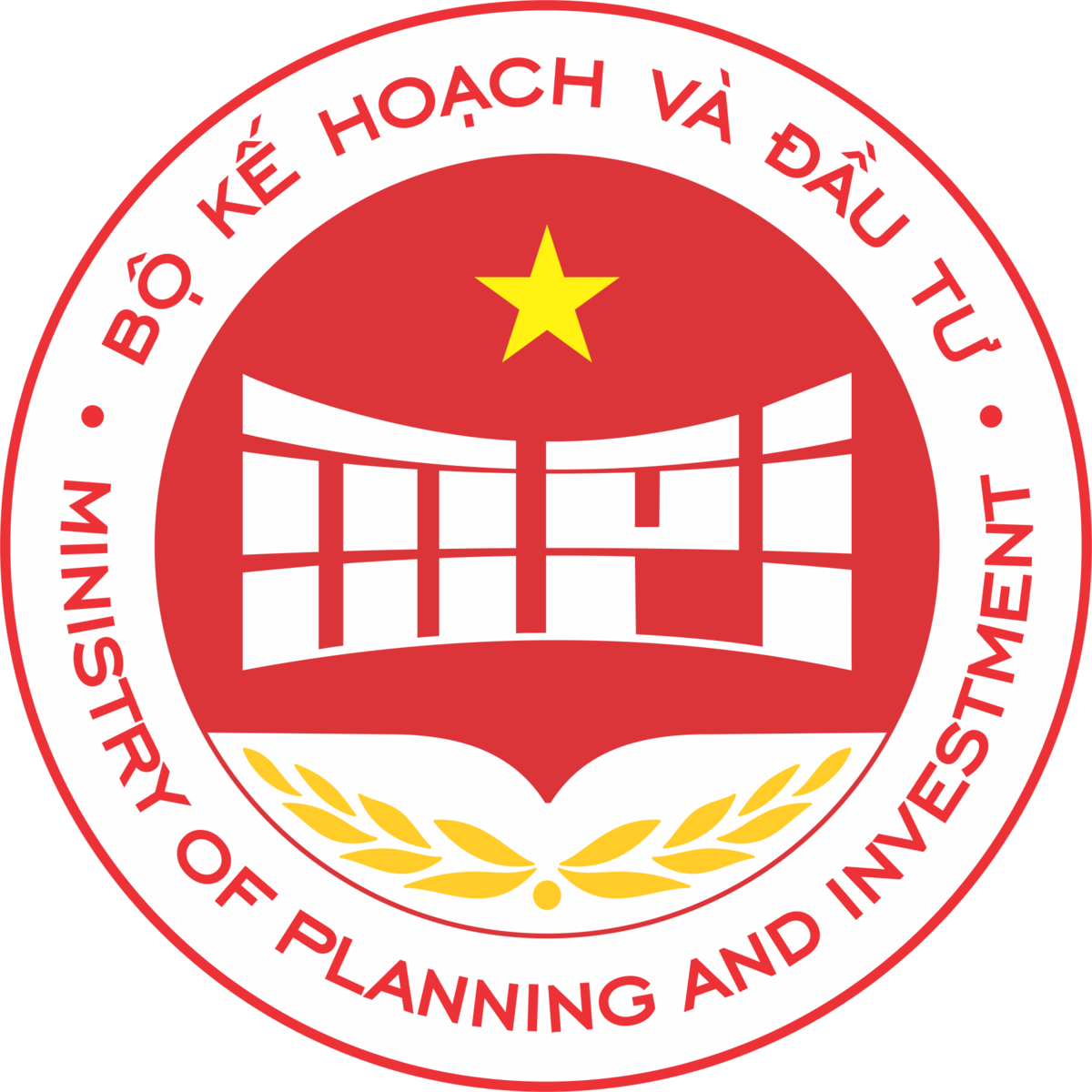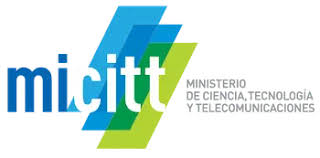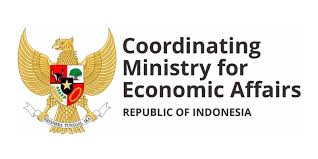The ITSI portal is currently on pause following guidance from the U.S. Department of State. This decision is part of the President’s Executive Order on Reevaluating and Realigning United States Foreign Aid, which places a temporary pause on foreign assistance pending review.
We appreciate your patience and understanding during this time. Please check back for updates.
About ITSI
International Technology Security and Innovation Fund (ITSI) is a strategic initiative aimed at enhancing global semiconductor supply chain resilience and security.
International Technology Security and Innovation (ITSI) Fund
Diversifying Semiconductor Supply Chains
In collaboration with the U.S. Department of State’s Bureau of Economic and Business (EB) Affairs, Arizona State University (ASU) is implementing a program to help diversify the global semiconductor supply chain. This initiative, funded by a $13.8 million cooperative agreement over a span of two years, is supported by the International Technology Security and Innovation (ITSI) Fund, established under the U.S. CHIPS and Science Act of 2022. The program’s central mission is to enhance workforce capabilities within semiconductor chip ATP operations across key partner countries. The initiative aims to create a sustainable pipeline of skilled professionals essential for the industry’s growth and resilience by prioritizing workforce development activities. Additionally, the program aims to provide strategic support for policy enhancements to facilitate this workforce evolution.Our Vision
The initiative seeks to expand semiconductor chip assembly, testing, and packaging (“ATP” or “downstream”) operations in key partner countries in the Americas (Costa Rica, Mexico, and Panama) and the Indo-Pacific (Indonesia, the Philippines, and Vietnam), thereby fortifying a resilient supply chain for U.S. semiconductor manufacturers.
Countries
learners
ITSI Management Team
See what our students have to say

Andy James

Ned Barnett

Shana Matthews

Malcolm Miller

Warwick Blake

Tara Dean

Thomas Drew

Andy James

Ned Barnett

Warwick Blake

Tara Dean

Shana Matthews

Malcolm Miller

Thomas Drew
FAQs
General Information
The ITSI (International Technology Security and Innovation) project aims to diversify and strengthen the global semiconductor supply chain, focusing on assembly, testing, and packaging (ATP) operations in key partner countries.
The project is funded by a $13.8 million cooperative agreement through the U.S. Department of State's Bureau of Economic and Business Affairs, under the CHIPS Act of 2022.
The project spans two years, from 2024 to 2026.
Objectives and Goals
The main objectives are to enhance workforce capabilities, expand and diversify the semiconductor workforce, and improve business and regulatory environments to support ATP supply chain diversification and growth.
The project involves key partner countries in the Americas (Mexico, Costa Rica, and Panama) and the Indo-Pacific (Vietnam, Indonesia, and the Philippines).
Workforce Development
It is a key component of the ITSI project designed to develop capacity-building activities, including train-the-trainer workshops, upskilling and reskilling courses, and certifications.
Training will cover semiconductor ATP processes, supply chain management, and relevant technical skills through both in-person workshops and online courses.
Policy and Regulatory Environment
The Institute convenes senior government officials to strengthen their policy and regulatory ecosystems, focusing on transforming policies to support the semiconductor sector.
Through workshops, consultations, and collaborative efforts between government, industry, and academic stakeholders to develop and implement effective policies.
Events and Workshops
A one-week event held in Tempe, Arizona, aimed at aligning and committing senior government representatives to the project's objectives and expected results.
Through workshops, consultations, and collaborative efforts between government, industry, and academic stakeholders to develop and implement effective policies.
Monitoring and Evaluation
Through key performance indicators (KPIs) and expected results (ERs) that quantitatively and qualitatively measure progress, such as the number of policies modified and the value of industry investments.
KPIs include the number of laws or policies modified, the value of investments made by industry, and the number of individuals with improved skills following workforce development programs.
Partnerships and Collaboration
Partners include Arizona State University, the U.S. Department of State, the Semiconductor Industry Association (SIA), Boston Consulting Group (BCG), and various local stakeholders in partner countries.
By encouraging collaborations between government entities, industry players, and academic institutions to drive innovation and support the semiconductor supply chain.
Application and Participation
Participants include faculty, students, government officials, industry professionals, and other stakeholders from the semiconductor ecosystem.
Detailed application procedures will be provided through official channels, including the ITSI project website and partner organizations.
Participants will have access to various resources, including educational content, mentorship, networking opportunities, and potential funding for further study and research.

